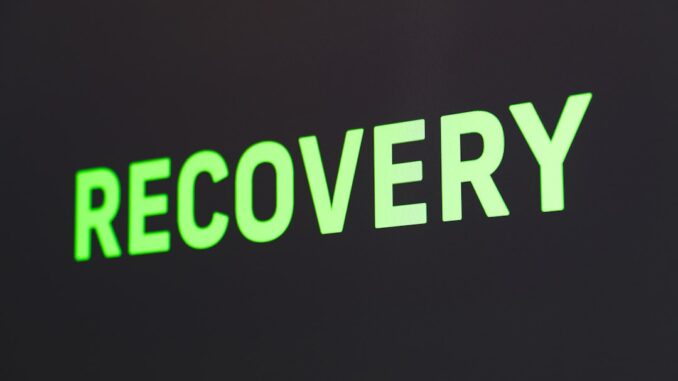
Understanding Triggers in Opioid Addiction Recovery
Opioid addiction recovery is a challenging journey, but understanding and managing triggers can significantly enhance long-term sobriety. Triggers are situations, emotions, or environments that prompt cravings or the urge to use substances. Recognizing these triggers is the first step toward developing effective coping strategies.
Identifying Personal Triggers
Everyone’s triggers are unique. For instance, some individuals might find that certain places, like a specific bus route, evoke memories associated with past substance use. (pmc.ncbi.nlm.nih.gov) Others may experience cravings in social settings where they previously used opioids. Reflecting on past behaviors and environments can help you pinpoint your personal triggers.
Developing Coping Strategies
Once you’ve identified your triggers, it’s crucial to develop strategies to manage them. This might involve avoiding certain places or situations that are linked to past substance use. For example, if public transportation routes are associated with previous drug use, consider alternative routes or modes of transportation. (pmc.ncbi.nlm.nih.gov) Additionally, practicing mindfulness and stress-reduction techniques can help you manage cravings when they arise.
Building a Supportive Network
A strong support system is invaluable in maintaining sobriety. Engaging with support groups, such as Narcotics Anonymous, can provide a sense of community and shared experience. (cenikor.org) Sharing your challenges and successes with others who understand can offer both encouragement and practical advice.
Seeking Professional Help
Professional guidance can offer personalized strategies to manage triggers and maintain sobriety. Therapies like Cognitive Behavioral Therapy (CBT) can help you understand and change thought patterns that lead to substance use. (cenikor.org) Additionally, medication-assisted treatment (MAT) can be an effective component of a comprehensive recovery plan.
Maintaining a Healthy Lifestyle
Adopting a healthy lifestyle can strengthen your resilience against triggers. Regular exercise, balanced nutrition, and adequate sleep can improve your physical and mental well-being, making it easier to cope with stressors that might otherwise lead to cravings.
Staying Vigilant and Committed
Recovery is an ongoing process. Staying vigilant about your triggers and committed to your coping strategies is essential. Regularly reviewing and adjusting your plan as needed can help you stay on track and maintain long-term sobriety.
References
-
Visualizing a Calculus of Recovery: Calibrating Relations in an Opioid Epicenter – PMC (pmc.ncbi.nlm.nih.gov)
-
Effective Drug and Alcohol Treatment Options to Improve Health and Quality of Life | Cenikor (cenikor.org)
-
Cenikor Addresses Opioid Crisis | Cenikor (cenikor.org)


Be the first to comment